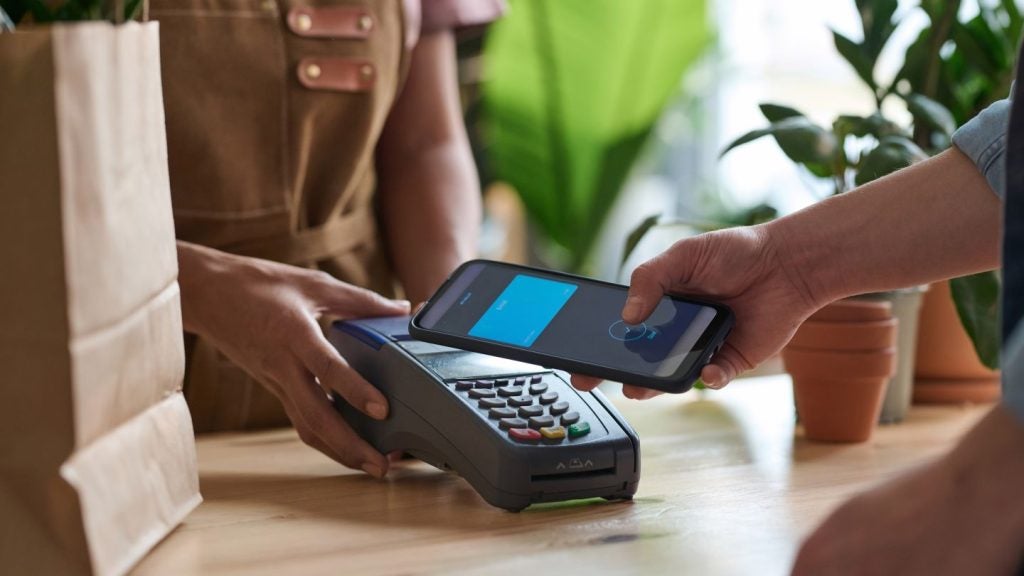Well, everyone in the financial world. Since its inception in 2008, bitcoin and its core infrastructure the blockchain, have divided opinion. The decentralised monetary system was once viewed as a threat to banking culture. Nowadays, blockchain is "the next big thing".
So what is all the fuss about? It is a distributed ledger that speeds up transactions due to the peer-to-peer network in which it operates. Theoretically, all the information – whether that means data amounting to monetary value or records of assets- is added to the chain in a block and is publicly available. This removes the need for card processers, entities like Paypal and puts power into the people’s hands at the physical end of the blockchain (that is supposed to be you and me).
Blockchain’s acceptance has been a slow burner, to say the least. But it seems the technology is at last being stripped of its underworld connotations. International players are actually embracing rather than entangling their brand in this open-source system. We are also at a point where, if a financial brand hasn’t voiced their blockchain plans, something must be up. It is the new eight-year old kid on the banking block, and these century old institutions have no choice but to adapt. The task now lies in producing an innovative blockchain solution, cutting costs for bank and consumer and remaining relevant to a customer base which – to be frank – does not need them anymore.
Before the world loses itself down the blockchain hole, it should be remembered that distributed ledger systems are very much in their infancy. Nobody really knows how far the technology, coupled with cryptocurrencies, can go. This is a reason why few financials services offer a blockchain solution or have outlined a detailed strategy. But that is likely to change. Members of Britain’s Big 4, Wall Street heavyweights and European challengers are among the list of financial organisations that have shown interest in blockchain systems.
Santander
Ranked the tenth biggest bank by Forbes, Santander has published a paper on distributed ledger technologies entitled The Fintech 2.0 Paper: rebooting financial services. The bank found that open source (and private counterparts) could save up to $20bn a year by 2022. Cross border payments, securities trading and regulatory compliance were listed as key areas. Santander has also referenced smart contracts, securities, syndicated lending, trade finance, swaps, derivatives and counterparty risks as sectors that can benefit from innovation.
Barclays
After two months of experimentation with Swedish fintech accelerator Safello, Barclays is expected to become the UK’s first retail bank that accepts bitcoins. The announcement came in September 2015, after the bank’s chief design and digital officer Derek White told the Sunday Times that the bank plans to accept bitcoin payments from charities, and that the blockchain operating system has "potential to change financial services".

US Tariffs are shifting - will you react or anticipate?
Don’t let policy changes catch you off guard. Stay proactive with real-time data and expert analysis.
By GlobalDataBNP Paribas
BNP Paribas analyst Johann Palychata must have ruffled a few feathers when he wrote in the company’s publication that blockchain styled systems could make legacy financiers "redundant". The bank, considered one of the biggest in the world, is reportedly looking at ways to apply blockchain technology. The International Business Times has quoted a BNP Paribas spokesperson as saying cryptocurrency "beta testing" is going on. An official statement is expected sometime in the future.
UBS
The Swiss global financial services company based in Zurich has been researching blockchain at London’s Level 39 studios in Canary Wharf. It is a prime location for any fintech developer, and UBS is set to gain strategic insight into how it can service the financial industry with a distributed ledger system. The company is expected to focus on business, data analysis, security and smart contracts, the latter being an apt solution in the digital age. Smart contracts could also benefit future relationships UBS forges at its UK innovation-base, as Level 39 is touted as Europe’s largest technology centre for financial industries.
Nasdaq
The American-Canadian stock exchange came forward with its blockchain plan in June 2015. The brand is trialling a blockchain-inspired record keeping system that serves fast trading between markets. Wholesale banking and trading are considered areas where blockchain systems can really take off. The technology allows high value transactions to be moved in record breaking time with heightened security and transparency. In theory, that is. If Nasdaq creates the right solution, exchanges could take seconds, as opposed to weeks, to complete.








